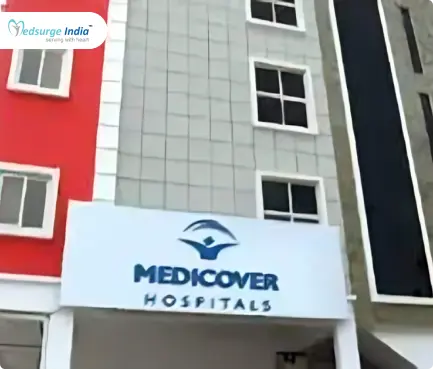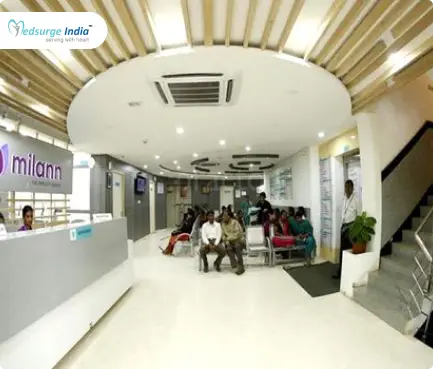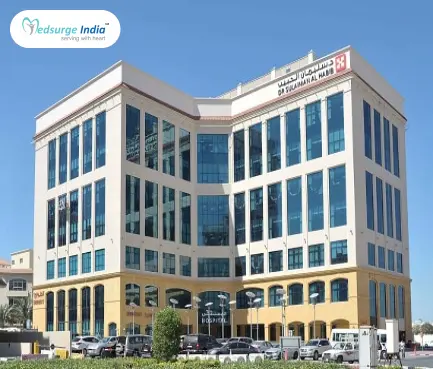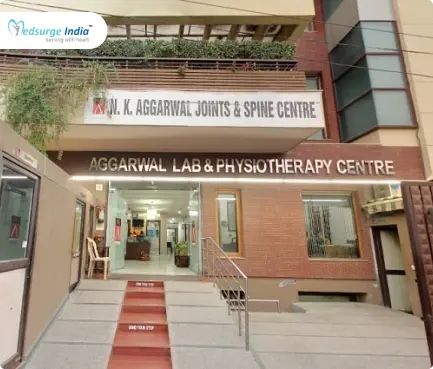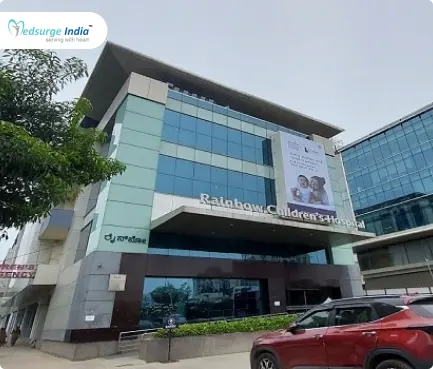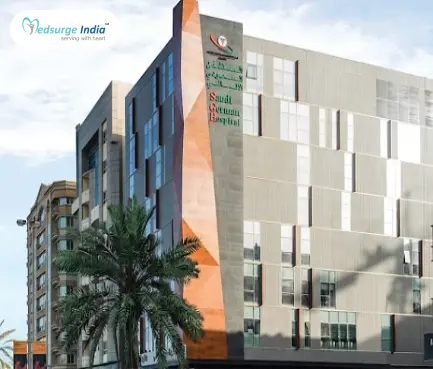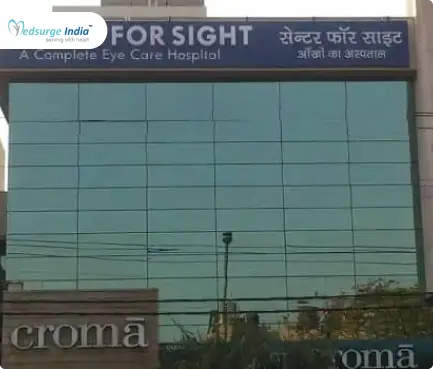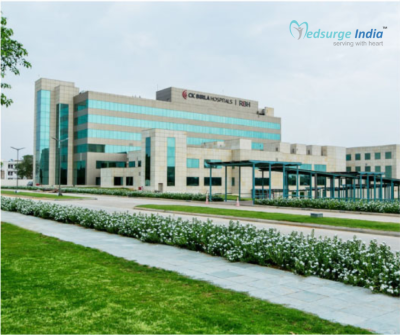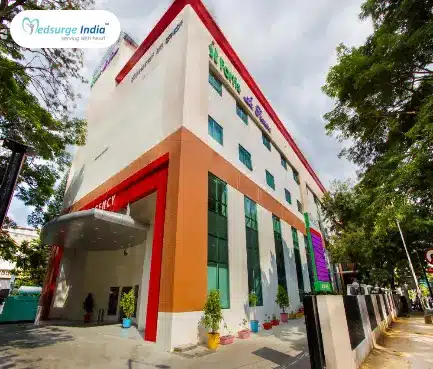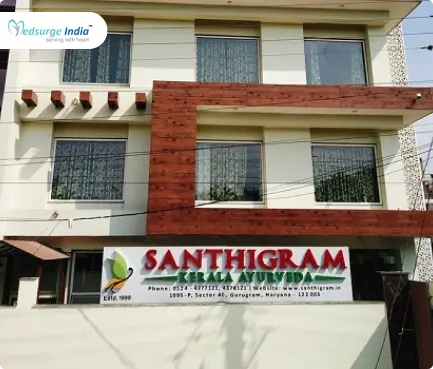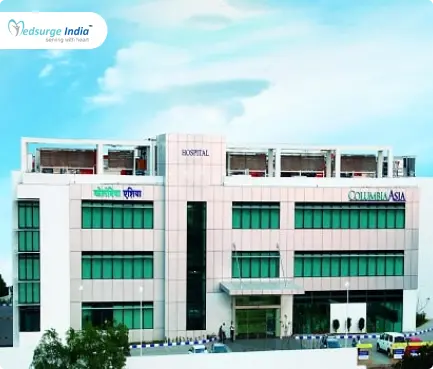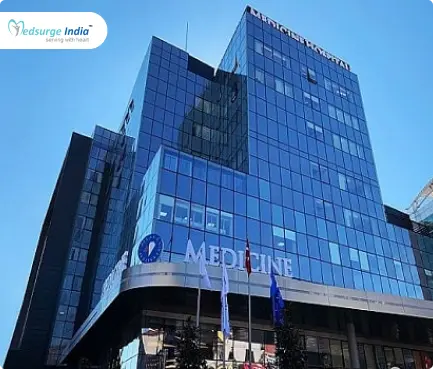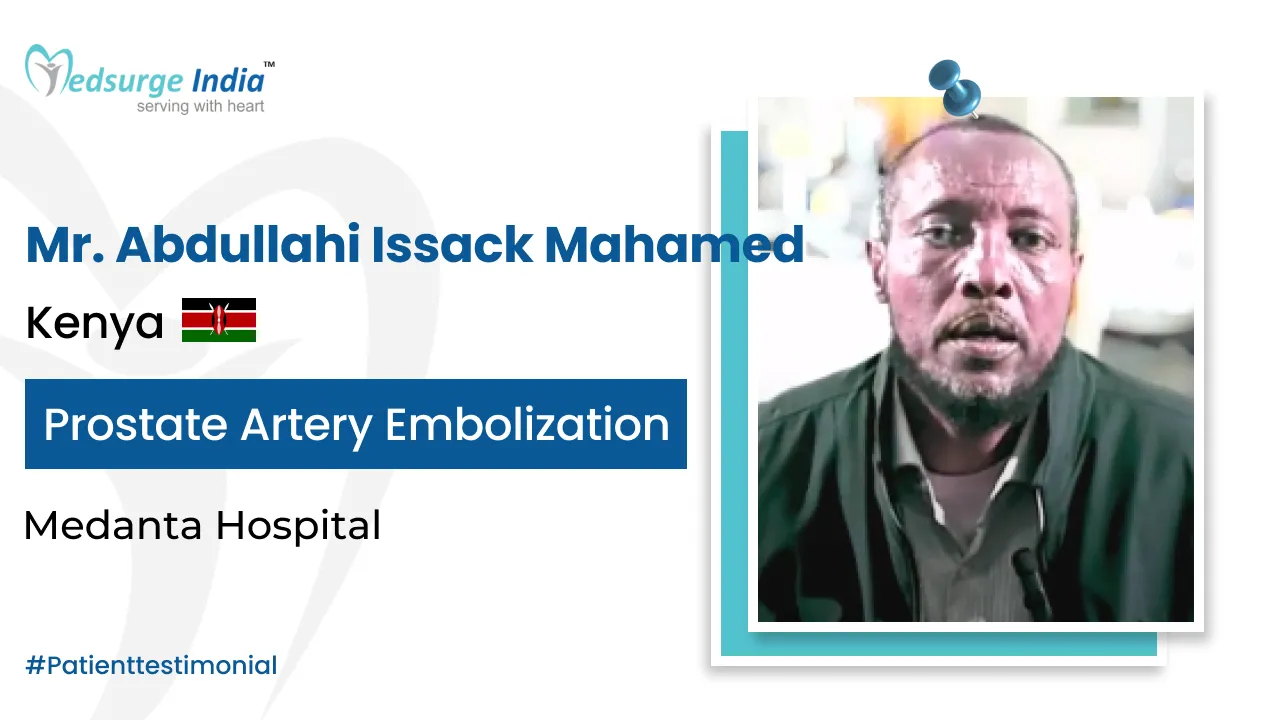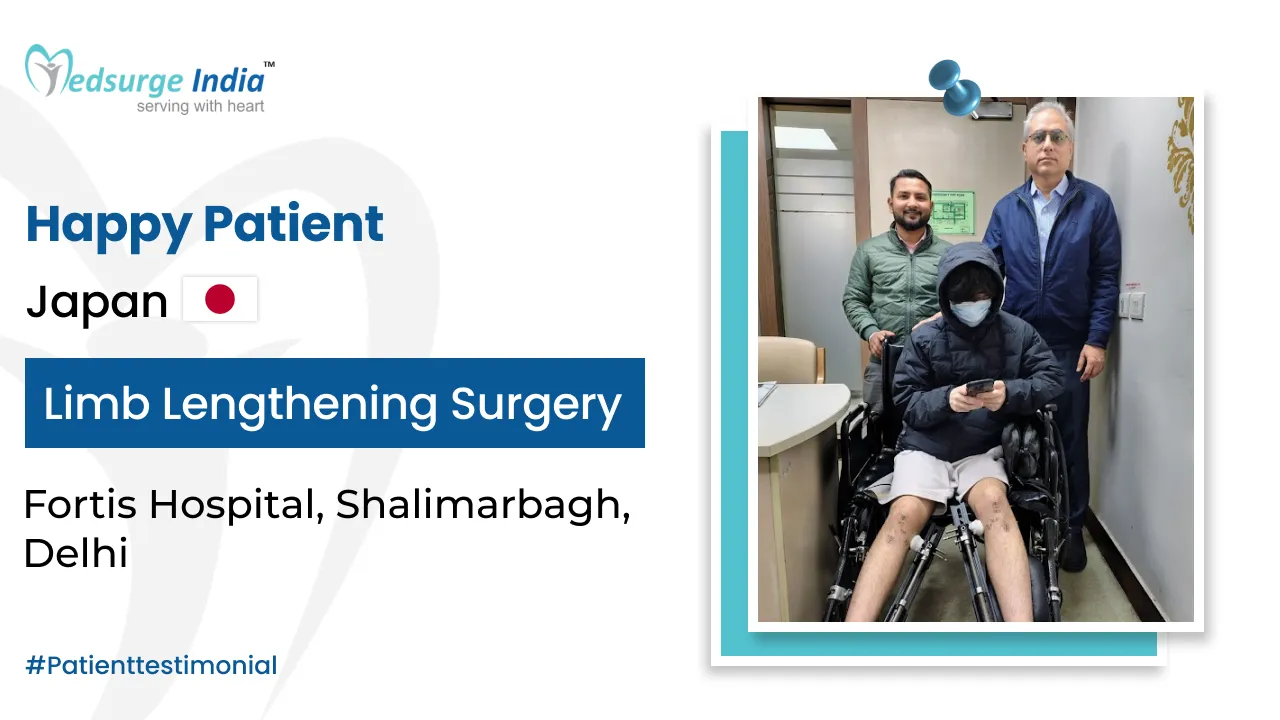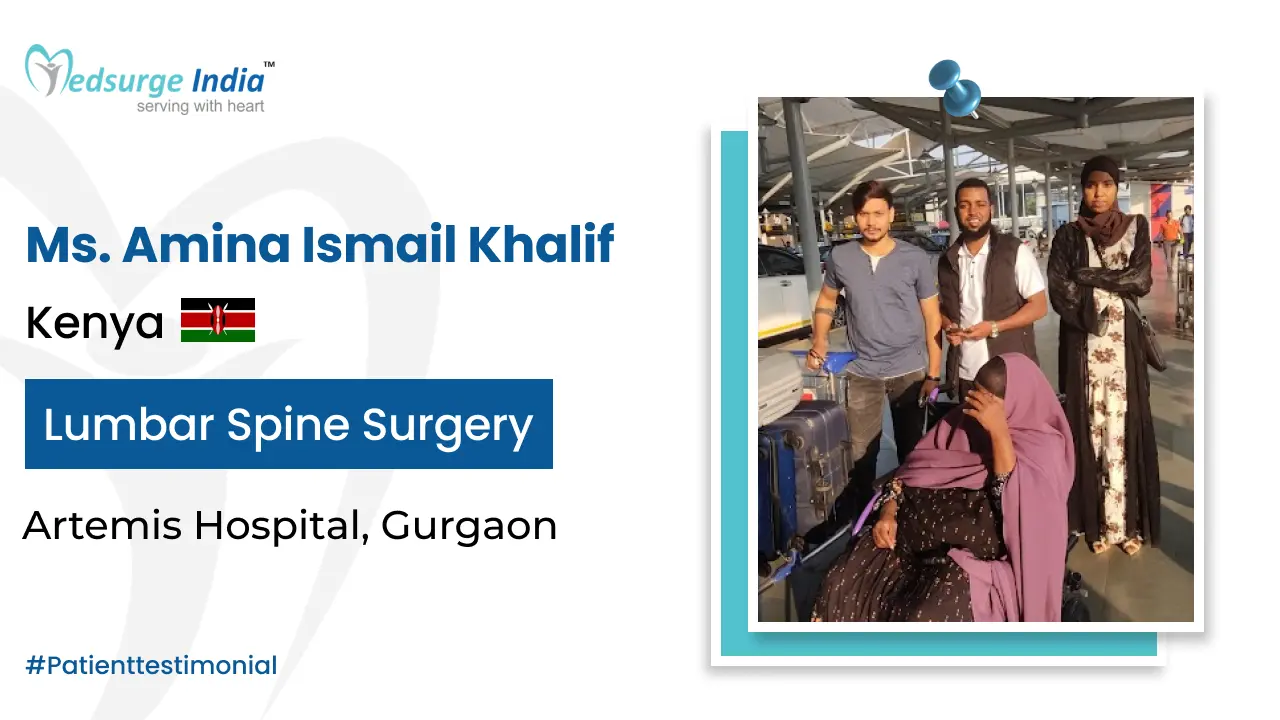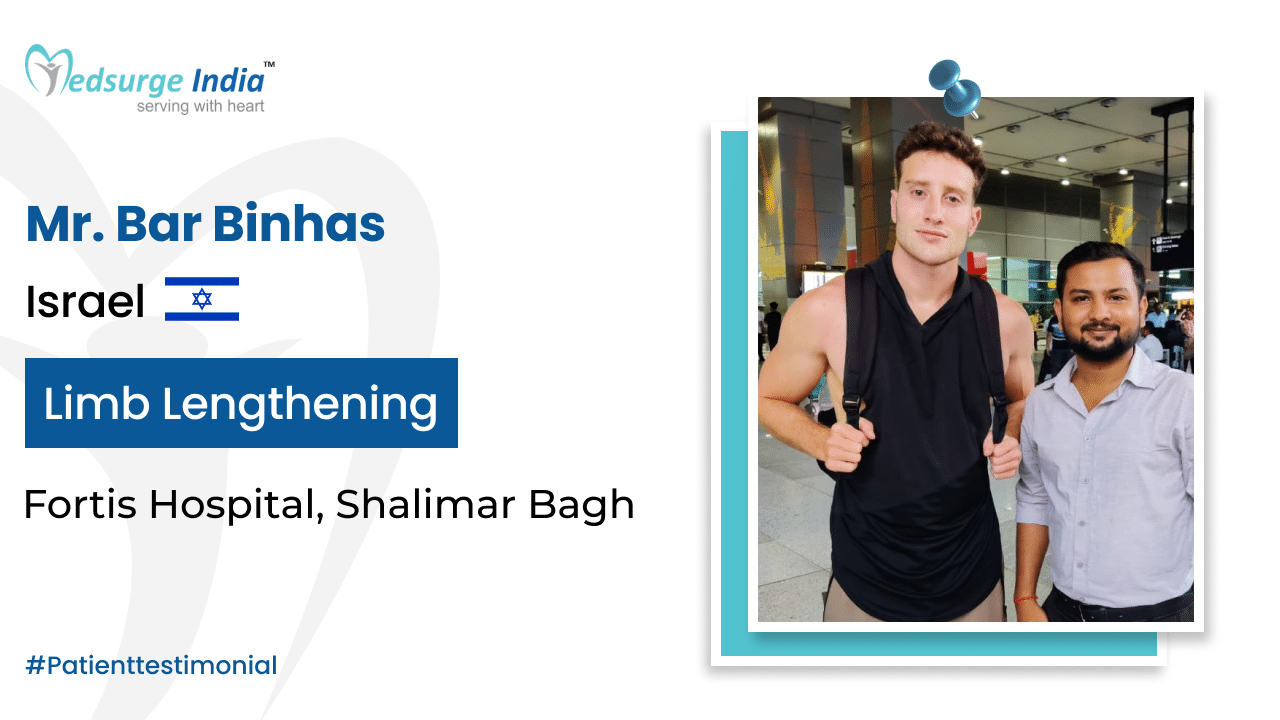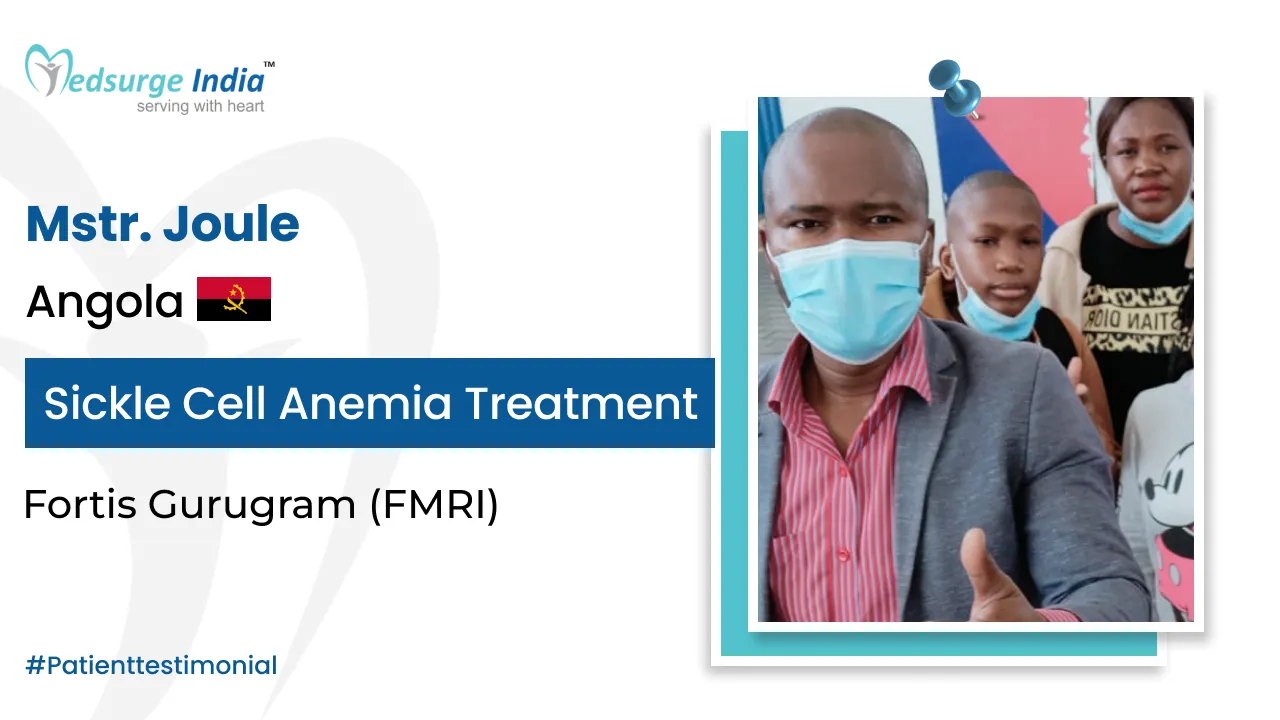
Varicose veins are superficially dilated and tortuous veins that are abnormally dilated and tortuous. These are more typically present in the body’s lower limbs. For years, a few varicose veins have been present in the body without producing any pain or causing significant symptoms. However, some people may experience pain and discomfort later on as a result of problems, which is why varicose vein surgery in India is recommended.
Patients who are at a greater risk of debility and problems as a result of dilated veins should seek varicose vein treatment in India. Varicose veins that go untreated can lead to issues that are difficult to treat.
The cost of varicose vein surgery in India includes the procedure, medications, hospital stay, and other consumables used during the course of treatment.
What Are Varicose Veins?
Varicose veins are bulging, twisted veins that can be seen just beneath the skin’s surface. These veins are most commonly found in the legs, but they can also appear in other areas of the body. Varicose veins are a common ailment with minimal causing signs or symptoms. Varicose veins can lead to consequences like mild to moderate pain, blood clots, and skin ulcers in some circumstances.
Veins: These are blood vessels that transport blood from the tissues of your body to your heart. The heart circulates blood to the lungs, where it picks up oxygen. The oxygen-rich blood is subsequently pumped out through your arteries to the rest of your body. Blood runs from your arteries through capillaries, which are microscopic blood channels where oxygen is given to the body’s tissues. Your blood then travels back to your heart via your veins, where it picks up additional oxygen.
One-way valves in veins help to maintain blood flowing toward your heart. Blood can back up and pool in your veins if your valves are weak or broken. This causes the veins to expand, causing varicose veins to develop. Varicose veins can be caused by a variety of variables, including family history, age, gender, pregnancy, being overweight or obese, and not moving enough.
Lifestyle modifications and medical techniques are used for the treatment of varicose veins. The treatment’s goals are to alleviate symptoms, avoid problems, and improve aesthetics.
What Are the Symptoms of Varicose Veins?
In the early stages of varicose veins, there are usually no symptoms. However, the patient may develop symptoms after a few years. The following symptoms should not be ignored and should be reported to your doctor if they occur on a regular basis:
- Veins of a dark purple or blue color
- Veins that appear twisted and bulging, often appearing like cords on the legs
Signs and symptoms of Varicose vein include the following:
- A feeling of heaviness in the lower extremities (which may get worse at night hours)
- Continuous pain in the Legs
- Telangiectasia (spider veins) might be seen in the affected leg
- The ankle is swollen and inflamed (which may increase in the evening)
- Near the affected area, there is a darkening of the skin.
- Stasis dermatitis, also known as venous eczema, is a type of dermatitis that affects the skin.
- Legs quickly cramp while standing or walking
What Are the Causes of Varicose Vein?
The causes of Varicose veins are weak or damaged valves. Blood is transported from the heart to the rest of the body via arteries. The heart receives blood from the rest of the body via veins. The veins in the legs must work against gravity to return blood to the heart.
Lower leg muscle contractions work like pumps, and elastic vein walls aid blood return to the heart. As blood rushes into the heart, tiny valves in the veins open, then close to prevent blood from going backward. Blood can flow backward and pool in the veins if these valves are weak or broken, stretching or twisting the veins.
The following can increase the risk of developing varicose veins:
- Age
- Sex
- Pregnancy
- Obesity
- Family History
- Standing or sitting for a long period of time
Varicose Vein Surgery Cost in India
The average Varicose Vein Surgery Cost in India starts from USD 2,200. Here is an average estimate of prices for the different types of liposuction surgery in Thailand:
| Treatment | Starting Price |
| Surgery | USD 2200 |
| Endovenous Laser Ablation (EVLA) | USD 500 |
| Radio Frequency Ablation | USD 200 |
| Sclerotherapy | USD 600 |
Estimated prices depending on different cities in India
| Cities | Starting Price |
| Delhi | USD 2,200 |
| Gurgaon | USD 2,200 |
| Noida | USD 2,200 |
| Mumbai | USD 2,500 |
| Hyderabad | USD 2,200 |
| Chennai | USD 2,200 |
| Kolkata | USD 2,200 |
| Bangalore | USD 2,500 |
Note: Do remember that the pricing and the treatment will vary depending on the patient’s choice and other various factors.
Factors That Can Affect Varicose Vein Surgery Cost in India
The standard and grade of medical care and amenities are comparable to those of the most prestigious healthcare facilities in the world, even when the expense of lodging, meals, and transportation is taken out. The following here are some variables that can affect Varicose Vein Surgery Cost in India:
- Medication costs.
- Duration of treatment.
- Geographical location.
- Hospitalization expenses.
- Government policies and subsidies.
- Medical tourism packages.
- Hospital reputation and infrastructure.
- The expertise and experience of medical professionals.
- The type and frequency of diagnostic procedures.
- The choice of treatment modality.
Under the direction of the most skilled physicians, Medsurge India provides patients with the lowest Varicose Vein Surgery Cost in India.
How the Diagnosis of Varicose Vein is done?
Your doctor will give you a physical exam, which will include examining for swelling in your legs while you are standing. Your doctor may also ask you to describe how your legs hurt and ache.
Tests – A health care practitioner may recommend a venous Doppler ultrasonography of the leg to diagnose varicose veins. A Doppler ultrasonography is a noninvasive diagnostic that looks at blood flow via vein valves using sound waves. Leg ultrasonography can assist in the detection of a blood clot.
In this test, a health care worker rubs the skin over the body area being evaluated with a small hand-held instrument (transducer) roughly the size of a bar of soap. The transducer sends out images of the object.
Get Free Cost Estimation
Procedure
How Varicose Veins are Treated?
Patients who are at a greater risk of debility and damage as a result of dilated veins should seek varicose vein treatment in India. Varicose veins that go untreated can lead to issues that are difficult to treat.
Varicose vein treatment in India is used to stop the condition from progressing further, causing the veins to dilate. Uncontrolled dilatation of veins in a specific body portion might cause irreversible tissue injury. These tissue alterations are debilitating, can be irreversible, and can only be treated with prompt treatment.
Initially, if the condition is not severe, the patient is advised to use conservative treatments to manage the disease’s progression. Compression stockings, exercise, and leg elevation are some of these options. If none of these approaches work, the patient should consider one of the surgical treatment options.
Conservative Treatment Methods
To treat the symptoms of varicose veins, several conservative approaches are used:
- Maintaining an elevated leg position.
- Compression stockings that are comfortable to wear around the legs.
- Using pneumatic compression devices on a regular basis.
- Anti-inflammatory medications and flavonoids are examples of medicines.
- Applying topical gels to control the symptoms
Active Treatment Methods
Open Surgery: Prior to the surgical operation, the patient is administered a spinal or general anesthetic. From the groin to the ankle, the surgeon makes several cuts. After dissecting the leg, unhealthy veins beneath the surface are discovered. The strippers are passed through the sick veins and then pulled out with the diseased veins.
Endovenous Laser Ablation (EVLA): Before the surgery, the patient is given a local anesthetic to numb the area. This treatment does not require an incision. A tiny fiber is introduced into the injured vein through a small entrance hole in the skin.
When the fiber is dragged back into the vein, it emits energy in the form of laser light. The targeted tissues react to the light energy with remarkable precision, without damaging the tissues around them. It closes the vein that has been injured. The reduced blood supply to these veins is adjusted to the other healthier veins because they are superficial and carry just a tiny volume of blood.
Radio Frequency Ablation: It is also a minimally invasive treatment option for varicose veins. With the use of an ultrasound, the surgeon places a radiofrequency catheter inside the injured vein. Radio radiation is used to treat the veins, causing the affected veins to shut. Blood flowing towards these veins will naturally divert to other healthy and normal veins. Varicose vein recurrence rates are lower than those of open surgery but higher than those after EVL ablation.
Sclerotherapy: It is a non-invasive treatment for varicose and spider veins in the legs. To shrink the damaged veins, a sclerosant is injected into them. This sclerosant solution leaves the body after a period of time.
However, some patients may require many injections of sclerosant. Only if this strategy is executed correctly will it be successful. In comparison to other procedures, this approach has a high recurrence rate.
Conclusion
Varicose veins rarely cause medical complications. If your varicose veins are causing any indications or symptoms, your doctor may recommend simply changing your lifestyle.
Varicose veins can lead to consequences such as pain, blood clots, and skin ulcers in some circumstances. Your doctor may recommend one or more medical procedures if your condition is more severe. These procedures are preferred by some people to improve the look of their varicose veins or to relieve pain.
Varicose veins can be treated with a variety of quick and painless procedures that don’t take a long recovery time.
The Most Important Frequently Asked Questions
Q: Is Varicose Vein Surgery Permanent?
A: Although vein surgery is usually permanent, varicose veins might reoccur in some patients even after treatment. Despite the fact that today’s varicose vein treatments are regarded as safe and successful, the twisting, projecting ropes on the legs and feet might resurface years after the first treatment.
Q: Is Varicose Vein Surgery Beneficial?
A: Varicose veins can be properly treated with surgery: More than 80% of people who have varicose vein surgery report that treatment reduces or eliminates symptoms like discomfort, swelling, and itching, and that their legs appear better as a result.
Q: Do Varicose Veins Reappear After They’ve Been Removed?
A: The body’s natural healing process kicks in once the veins are removed, causing them to regenerate. Post-operative neovascularization is the term for this procedure. However, the new veins lack valves, leading varicose veins to return with a vengeance.
Q: Is Vein Surgery a Painful Procedure?
A: You may most likely have some pain and bruising in the area where your veins were treated, but it will be minor. If the pain becomes unbearable, your doctor may prescribe ibuprofen or Tylenol, depending on your condition. You should be able to resume your regular activities without difficulty.
Q: Is It Possible to Get Rid of Varicose Veins with a Laser?
A: Varicose veins are swelling, bulging veins that most commonly affect the thighs and calves. A laser is a light-emitting device that emits a tiny beam of radiation. The varicose vein is closed and shrunk by laser surgery, which results in scar tissue within the vessel. This closes the vein.

